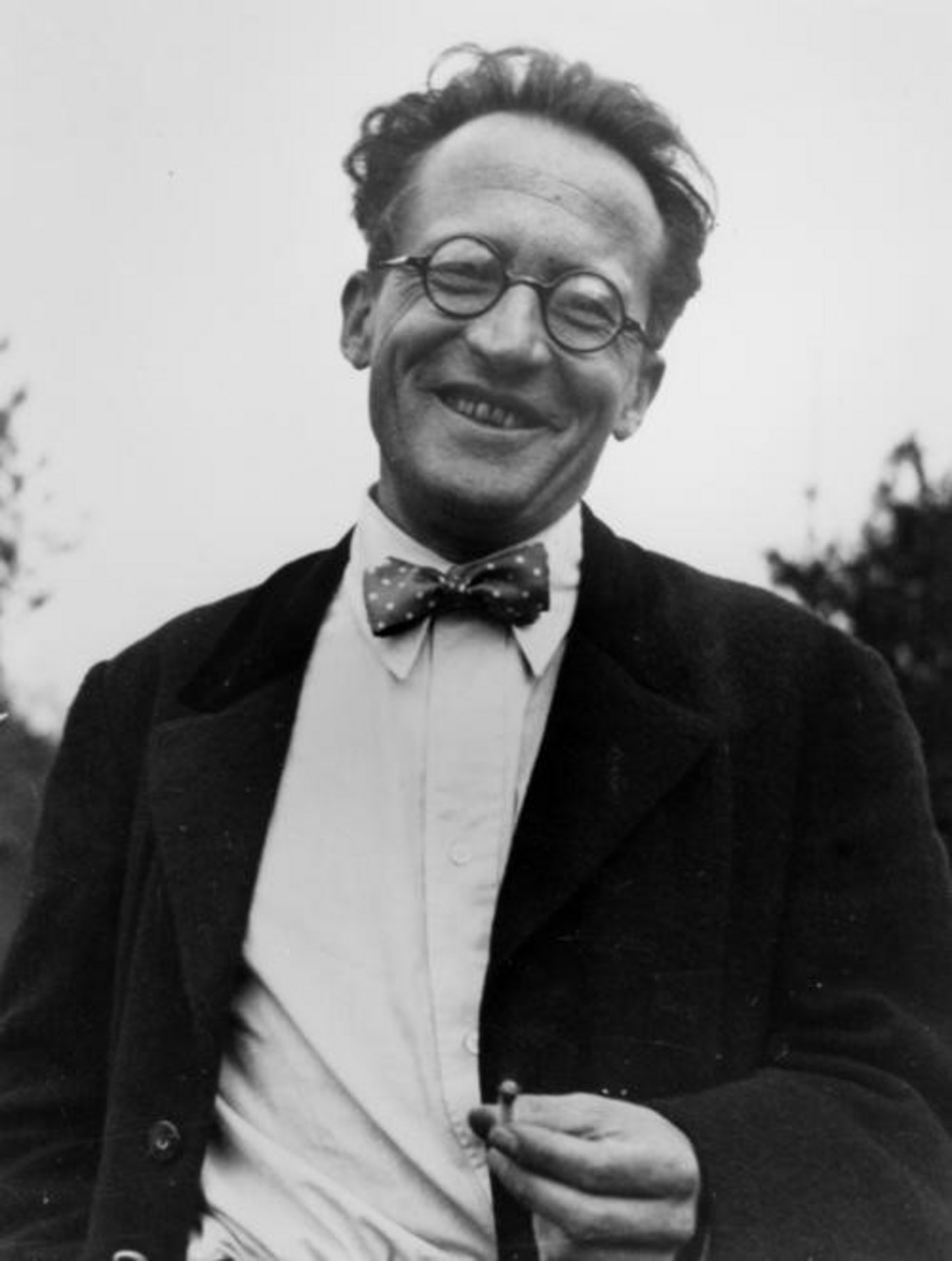Student Colloquium, Goran Prpić: The history of the Schrödinger equation, including its derivations, early interpretations and contentions

Info about event
Time
Location
Fys. Aud.
Supervisor: Christian Joas
Every physics student is well familiar with the Schrödinger equation in both its time-dependent and time-independent forms.
However, not many can claim to know why it has the peculiar form it does, because it is treated as a first principle in most accounts of quantum mechanics.
In this colloquium I will therefore present the often overlooked history of the Schrödinger equation, with special emphasis on how Erwin Schrödinger himself built up the theory, and what motivated him to do so in the first place. As an important part of this, the colloquium will cover Hamilton's optical-mechanical analogy, thus shedding light on the roots of Schrödinger’s wave mechanics in classical Hamiltonian mechanics.
An important theme of the colloquium is the underdetermined meaning of the wavefunction . I will cover both the different understandings Schrödinger had of it, including how he believed it related to particles, as well as Max Born’s now universally accepted statistical interpretation of the wavefunction
